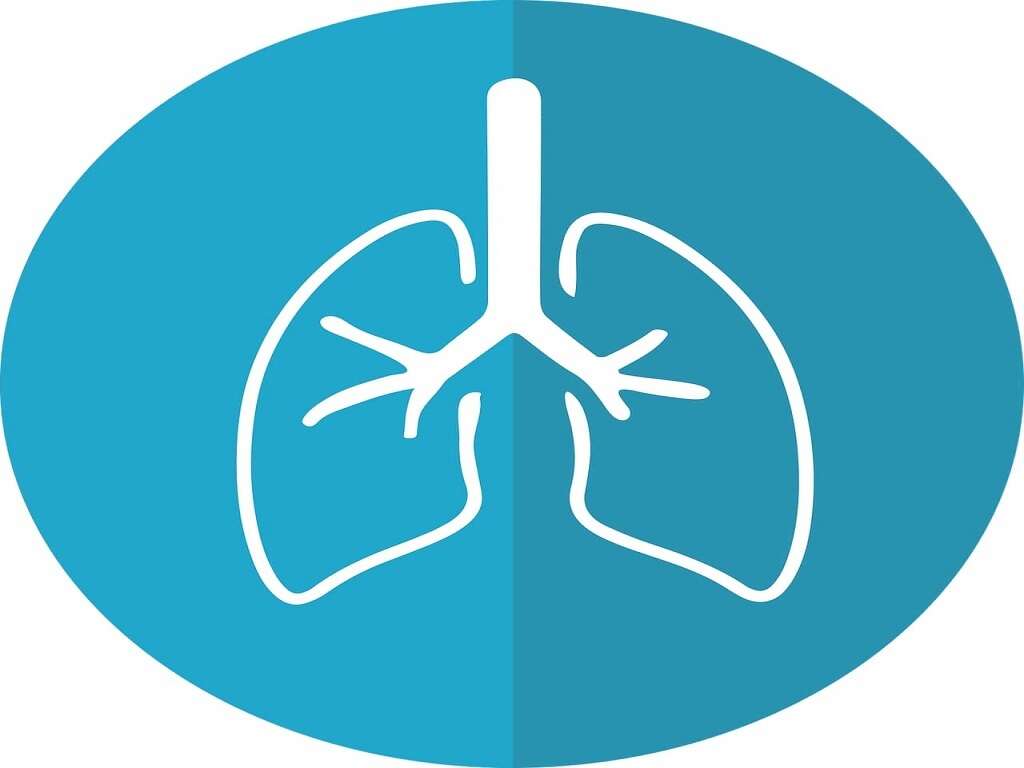10 Signs of the Flu
Flu season generally comes around once a year. It is well known that we should get regular flu shots because the influenza, virus that is responsible for the flu, evolves very quickly.
While the healthy among us need not have significant concerns about the flu, though, it can present a very real danger to the vulnerable. More than 500,000 people are thought to die from the flu worldwide every year.
While the flu should not be treated with complacency, it will usually pass naturally within a week or so. Plenty of rest is usually what is needed and you will be back to full health before long. Just remember to keep an eye on people that are more prone to suffering from such illnesses than others.

Flu Sign #1: Aching Muscles
When we begin to feel ill, we tend to wonder whether we are coming down with the flu or with the common cold. The two are very common illnesses and also share some symptoms. Quite often, we are able to tell which of the two we have on the onset of a particular symptom… aching muscles.
Aches and pains are a common symptom of the flu. They are caused by the body’s immune system releasing chemicals into the body to help defeat the virus. It is these chemicals that cause the pains we feel even if they are being used to help us.

Flu Sign #2: Cough
A cough is often one of the first signs that we are sick. It is caused by the body deliberately trying to force out something harmful from the body, or by something that is irritating the throat area. In the case of the flu, the cough is the body trying to clear excess mucus that has built up in the throat as a result of the illness.
The mucus we are coughing up is itself in place to help trap pathogens and any other unwanted items. Once trapped in the mucus, they are then ejected by the force of the cough. While this helps individuals to overcome illnesses it is also one of the main causes of spreading them.

Flu Sign #3: Congested Nose
Mucus is common in the body and helps to perform various useful functions. As mentioned above, it is very good at catching pathogens which can then be expelled from the body. The nose naturally uses a particular type of mucus, which we commonly know as snot. When we have the flu, this mucus can build up in excess, causing congestion.
Excess mucus is only part of the reason for the congestion, though. In addition, the soft linings of our nostrils can become inflamed and swollen, further restricting the passageway. A congested nose can be quite uncomfortable but it is not necessarily something that you need to be concerned about.

Flu Sign #4: Sore Throat
Another common symptom of the flu is a sore throat. Soreness of the throat is caused directly by the virus irritating the soft tissues of the throat and causing them to become inflamed and sore. It can also be made worse should the patient have a bad cough.
If you do have a sore throat with the flu, you should be able to find remedies that will help to soothe the pain. They are usually available over the counter, so there is not necessarily a need to see your doctor. You can also have a look online to see what homemade remedies you can use to help soothe your throat.

Flu Sign #5: Headache
If you have never had a headache, then you are one of a very lucky few. For most people, headaches are just a part of life that come and go, often without explanation. Most of the time they are little more than uncomfortable. For some people, though, headaches can be agonizing.
A headache is a common symptom of the flu, as well as many other types of illness. You should be able to find some painkillers that can at least help reduce the pain if needed, but be mindful that using painkillers can be risky. You should arrange to see a doctor if the headache persists or if it is too painful to bear.

Flu Sign #6: Fatigue
When you have the flu, your natural immune system launches into action to try and fight it. This takes up a lot of resources and is a lot of hard work. With resources going on fighting the illness instead of to energizing other parts of the body, we can be left feeling exhausted.
Fatigue is a common symptom and is not necessarily something to be concerned about. Just make sure you get plenty of rest and give your body the fuel it needs to win the battle. It will pass once the flu has gone, leaving you feeling full of energy again.

Flu Sign #7: Vomiting
Vomiting is another symptom that nearly all of us will experience at some point. It is not necessarily something to be concerned about per se, but the patient should still be monitored regardless. Vomiting too much can cause the patient to get insufficient nutrition, and this can make the recovery harder.
Vomiting is, fortunately, not a common symptom of the flu although some people do experience it. It is more commonly experienced in young children than in adults. The same can be said for diarrhea. Excess diarrhea can lead to dehydration and other problems so you should see a doctor if the symptom persists.

Flu Sign #8: Fever
Another tell-tale sign that you have the flu rather than a cold is that you get a fever. A fever can sometimes develop with a cold, and the flu does not always cause a fever, but the chances are that a fever does mean you have the flu. A fever associated with the flu is typically over 100.4 F (38 C).
The reason for the fever is that when the influenza virus is detected, the body tries to make the body too hot for the virus to survive. The body will identify different types of pathogens and raise the body temperature according to what the pathogen struggles with.

Flu Sign #9: Chills
Whenever you have a fever, there is also a pretty good chance you will have chills. This is not just a coincidence and the two are often very much connected with each other. As with a fever above, it is part of the process that makes the body a difficult place for a pathogen to survive.
The body has its own internal thermostat system. When it feels cold, it will cause the body to warm up. To raise the body temperature, the body will tweak this thermostat to make it feel cold in order to create a fever. This tweaking makes us feel cold even when we are not, which is what we feel as chills.

Flu Sign #10: Cold Sweats
Another symptom that you are likely to experience with fever is cold sweats. It can leave you waking up in the middle of the night freezing cold in a sweat-sodden bed. But why are you sweating when you are so cold?
Cold sweats, also called diaphoresis, occur as a part of our body’s response to a significant stress on the body and is a part of “fight or flight”.This type of sweating is unique because it occurs during activities that do not typically cause us to sweat, such as sleeping. Cold sweats can be caused by infection such as the flu.












